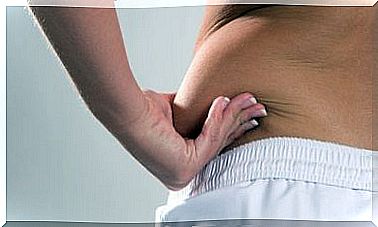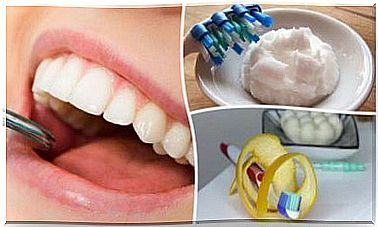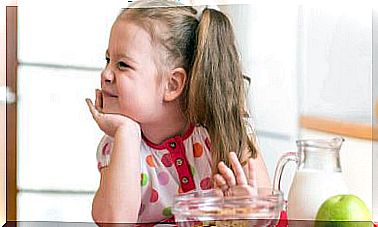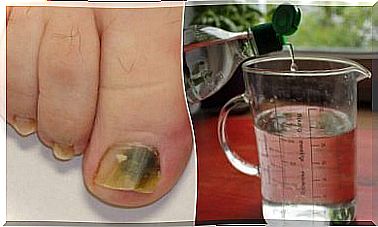My Baby Always Wants To Be Held. Why?
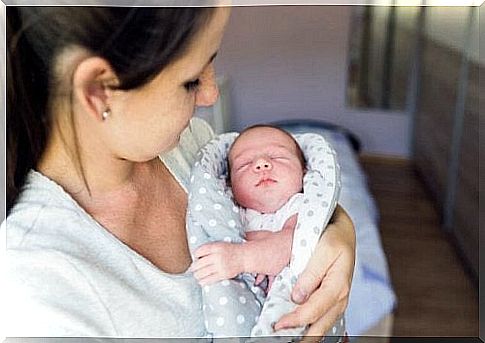
“My baby always wants to be held.” Many mothers recognize this. Some mothers are delighted and others are surprised. But how come?
At birth, a baby cannot recognize its mother. However, from his first breath he instinctively feels what he needs to survive. The path that connects him to his mother’s womb tells him the way to his mother’s breast, where he gets food.
A baby spends nine months in its mother’s womb. At birth, he is still immature and completely dependent on his mother for survival. Attachment is the way to ensure one’s well-being from birth to adulthood. Love will be the life force for life.
My baby always wants to be held
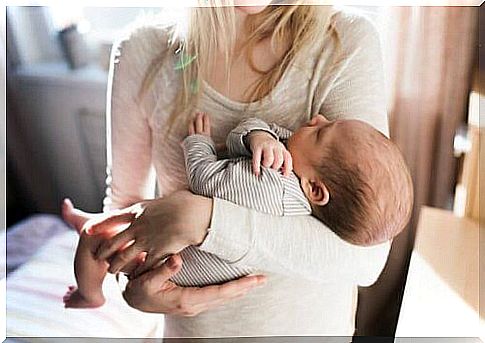
A mother’s instinct is to feed her child and spend as much time with him as possible. However, instead of supporting our little one, we often allow ourselves to be influenced by the opinions of others.
Unfortunately, many people will tell us that we don’t have to pick up a baby every time he cries.
Many people say that if you pick up a baby every time he cries, he will learn how to manipulate you. And what happens to his future ability to be independent?
However, this assumes that a baby understands manipulation or independence. A baby is a mammal. That means he is dependent on a mother who is close by to survive and grow.
A baby needs bonding
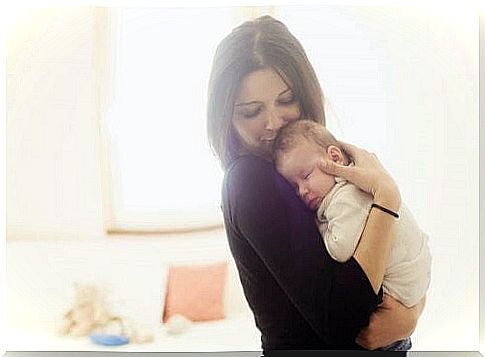
A baby always wants to be held. He also wants to be close to his mother for at least the first nine months of his life. This allows a baby to adapt to life outside the womb. This is the only way to guarantee adhesion.
The baby recognizes the mother’s love by being close and having physical contact. The baby’s tears aren’t just because he or she:
- is hungry
- has a dirty diaper
- is sleepy
A baby always wants to be held in his mother’s arms because her skin is the main way to feel his mother’s love. It is also a baby’s instinct to want to be close to its mother. That is why every baby always wants to be held.
At the same time, the baby activates the instincts of defense and closeness to the mother. Nature has also given a mother instincts.
Unfortunately, many still insist that a baby, for example:
- have to sleep alone in a room.
- adhere to a strict eating schedule.
- needs no comfort when he cries.
Lack of physical contact

In the 1940s, Dr. Rene Spitz, an Austrian psychoanalyst, conducted a study that concluded that large numbers of deaths in orphanages were due to a lack of love.
The study compared babies isolated in cribs in hospitals with babies raised in prison by their own mothers.
The babies raised by their mothers grew faster. They also enjoyed better health. On the other hand, the babies who were isolated grew up with physical and mental deficiencies. Unfortunately, 37% of the babies in orphanages who were not hugged and cared for by their mothers died.
This thesis by Dr. Spitz was harshly criticized and doubted for decades. However, in 2007, Science magazine published an essay from Romania to prove the theory’s validity.
The researchers took into account all clinical assessments made in relation to the Austrian study. The results were the same. Love is thus the basis for a baby ‘s well-being and development.
Babies raised in Romanian orphanages who could not be near their mothers had more problems growing and surviving than the children raised at home.
Love is natural
“In the same way that my baby wants to be in my arms, I want to always have him with me.” This is a mother’s natural instinct. So a mother holds her baby close to her body. That is and feels natural.
It is true that you cannot raise dependent children. They are unable to decide for themselves what to do with their lives. However, it is difficult for us to wait for them to go through each stage of maturity at any time.
We live in an accelerated world. Whether we like it or not, it accelerates the growth of our children.
The nine-month bond prepares a baby for independence. However, the independence begins at the age of 2 years. It goes through the different stages of independence from childhood and adolescence. This ends 15 to 18 years later.
So holding your baby in your arms is the best way to express love for your baby.
